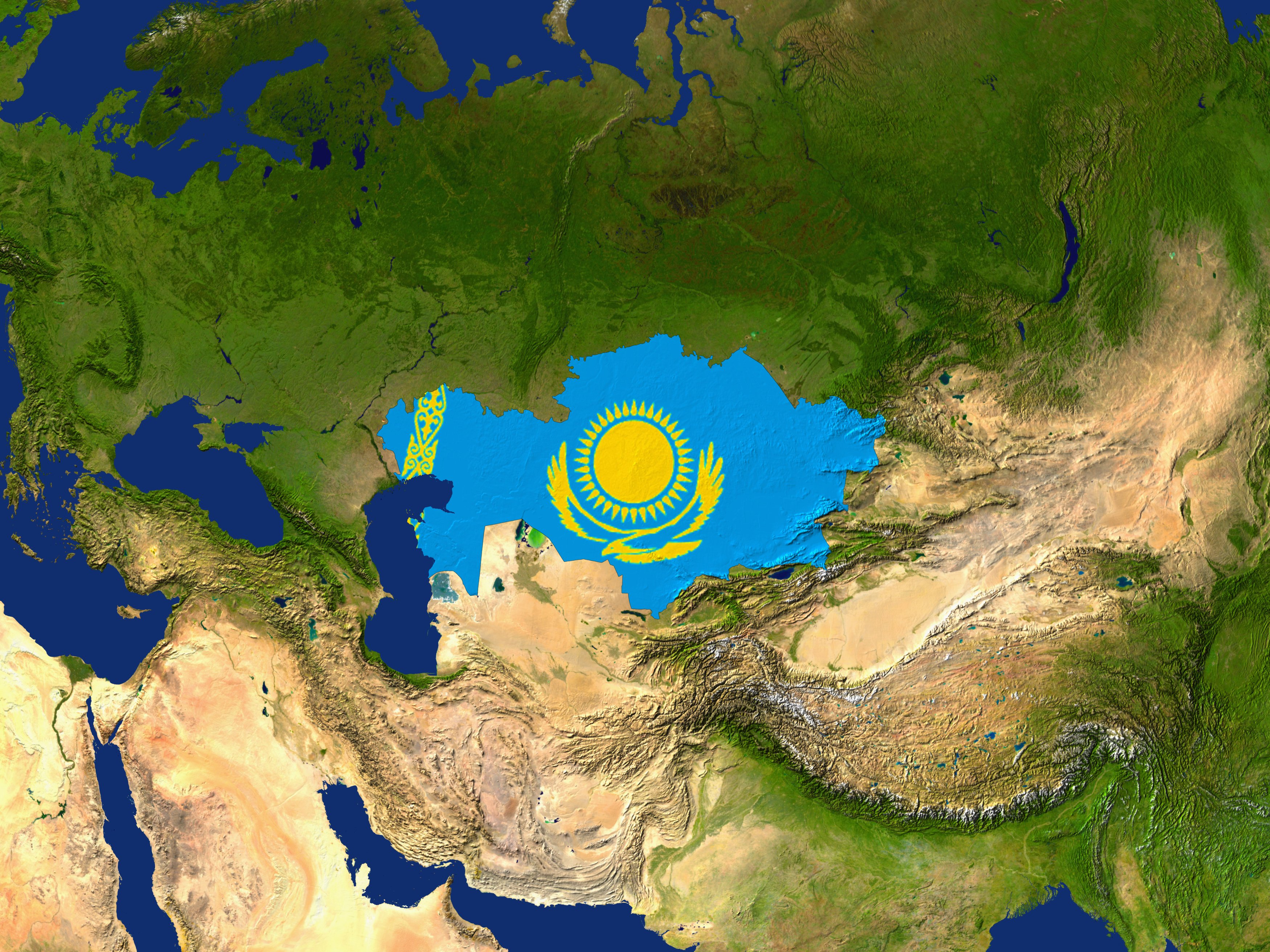Jacob MacCarter
In 1991 Kazakhstan got independence, when Soviet Union collapsed. It is a huge country that full of mineral resources. Nursultan Nazarbayev was head of Communist Party and after independence he became the President of Kazakhstan. Mr. Nazarbayev came to Kazakhstan government in 1989 and was chosen as a leader the next year.
Nazarbaev was re-elected among largely token opponents in 1999, 2005, 2011 and – most near- in 2015.All times, his share of the vote increased, reaching more than 97% in the last elections, and the conduct of every voting process was criticised by observers from foreign countries.
In 2007, parliament, where the regent party held all seats, voted to let Nazarbayev to stay in position of president for an unlimited number of terms. In 2010, parliament granted for Nazarbayev the perpetual status of “leader of the nation”.
His 2011 winning came after judges ruled unconstitutional a plan to hold a referendum on whether to let Mr Nazarbayev to be in position of president until 2020 without holding elections.
According to research of Freedom house press status in Kazakhstan is NOT FREE. This country has the next results (data for 2015 year):
1. Press freedom score – 85 (100 is the worst).
2. Legal environment -29 (30 is the worst).
3. Political environment -33 (40 is the worst).
4. Economic environment -23 (30 is the worst).
State authority and its allies prevail in media sphere of Kazakhstan. There are exist only few free print newspapers and news sources on the Internet. However, they are under pressure from government since mortal police crackdown on striking oil workers in 2011.Most opposition media in country were banned by courts for “extremism”, including independent newspaper Respublika. Many opposite media were banned by 2014.
Independent journalists and outlets continued to encounter physical attacks and other obstacles to reporting in 2014.
In April, police tried to prevent several journalists from organising a peaceful protest outside the prosecutor general’s department, assaulting them and injuring a cameraman for the online television channel 16/12. In May, two journalists from16/12 were briefly send to prison close to Astana while covering a gathering of anti-EEU activists. In June, police looked for the Astana department of 16/12 and confiscated hardware, citing a money-laundering research.
Kazakhstan took some meaningful steps to struggle a deteriorating human rights record in 2015, keeping focus on economic development over political reform. Unscheduled presidential elections in April extended President Nursultan Nazarbaev’s heavy-handed 24-year rule for another five years. Opposition leader Vladimir Kozlov was sent to prison after an unfair trial.
State government continue closing newspapers, jail and fine people for organising peaceful protests, ban peaceful religious practice, and misuse the indefinite and overbroad charge of “inciting social, national, clan, racial, class, or religious discord”. Workers’ rights are limited and the adoption of a new trade union legislation in 2014 resulted in some trade unions that did not reregister in 2015.
Two activists in Kazakhstan were accused and arrested on January 22, 2016, on the uncertain and overbroad reason of “inciting national discord” over words they posted on Facebook.




